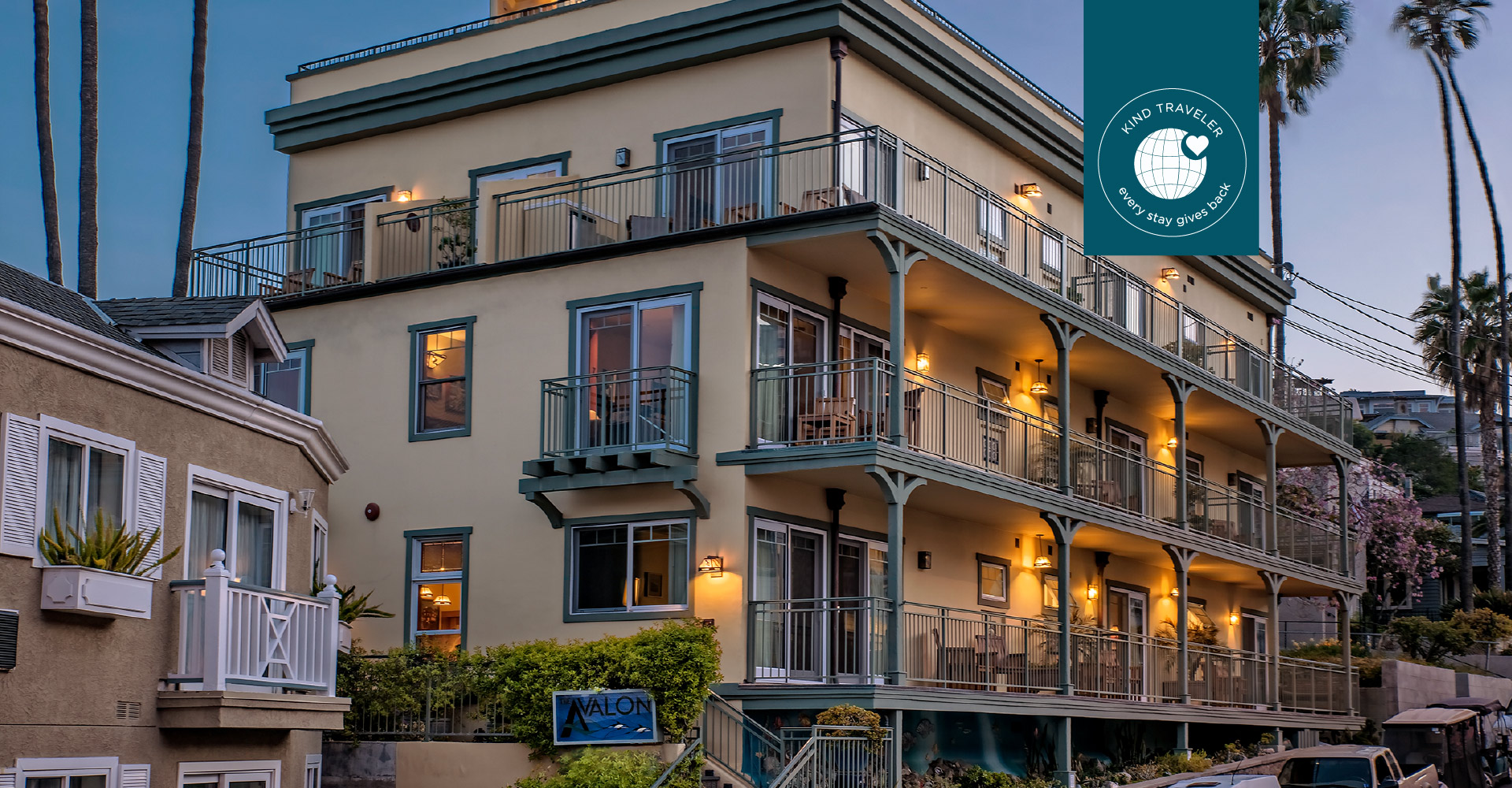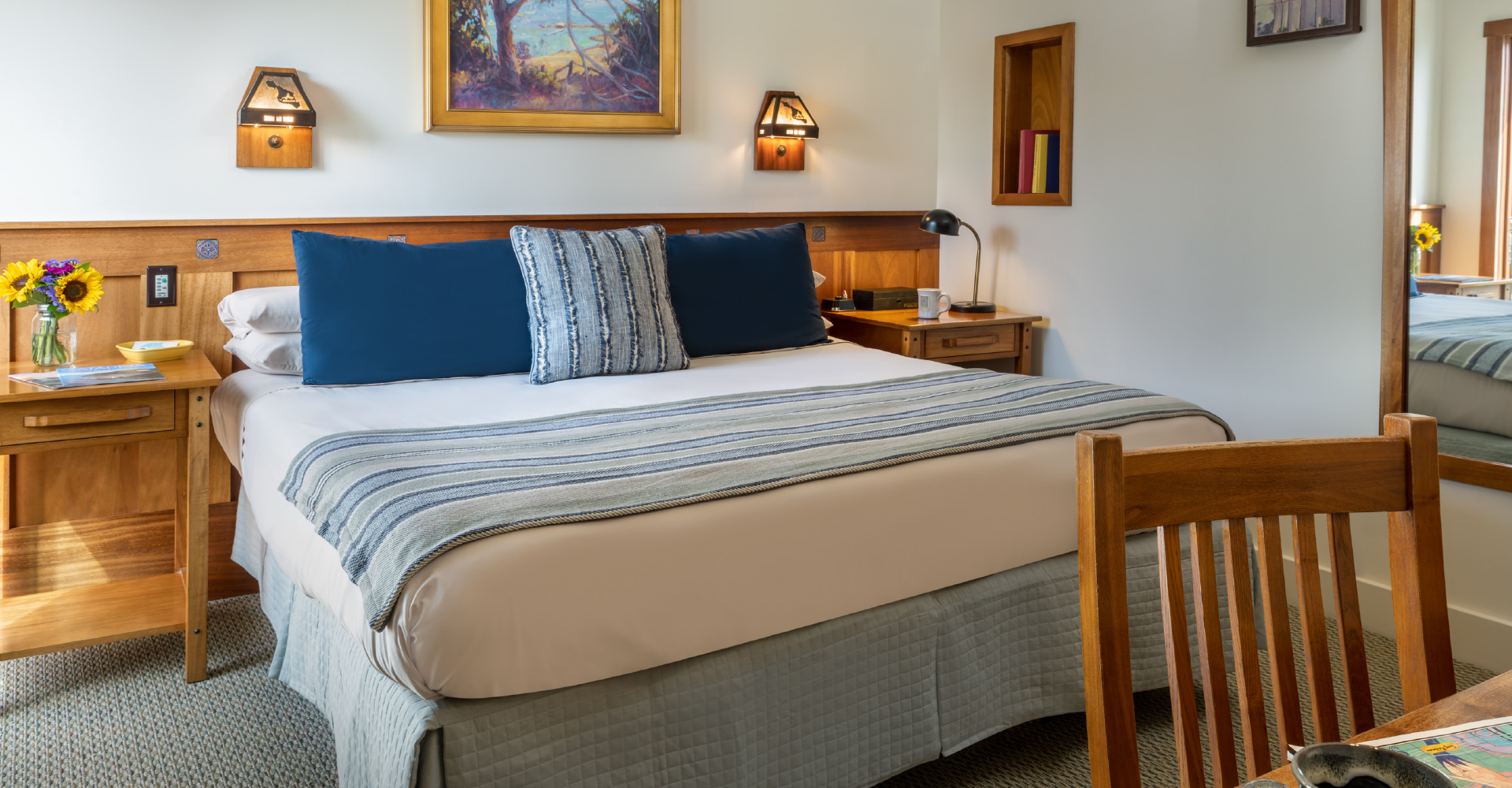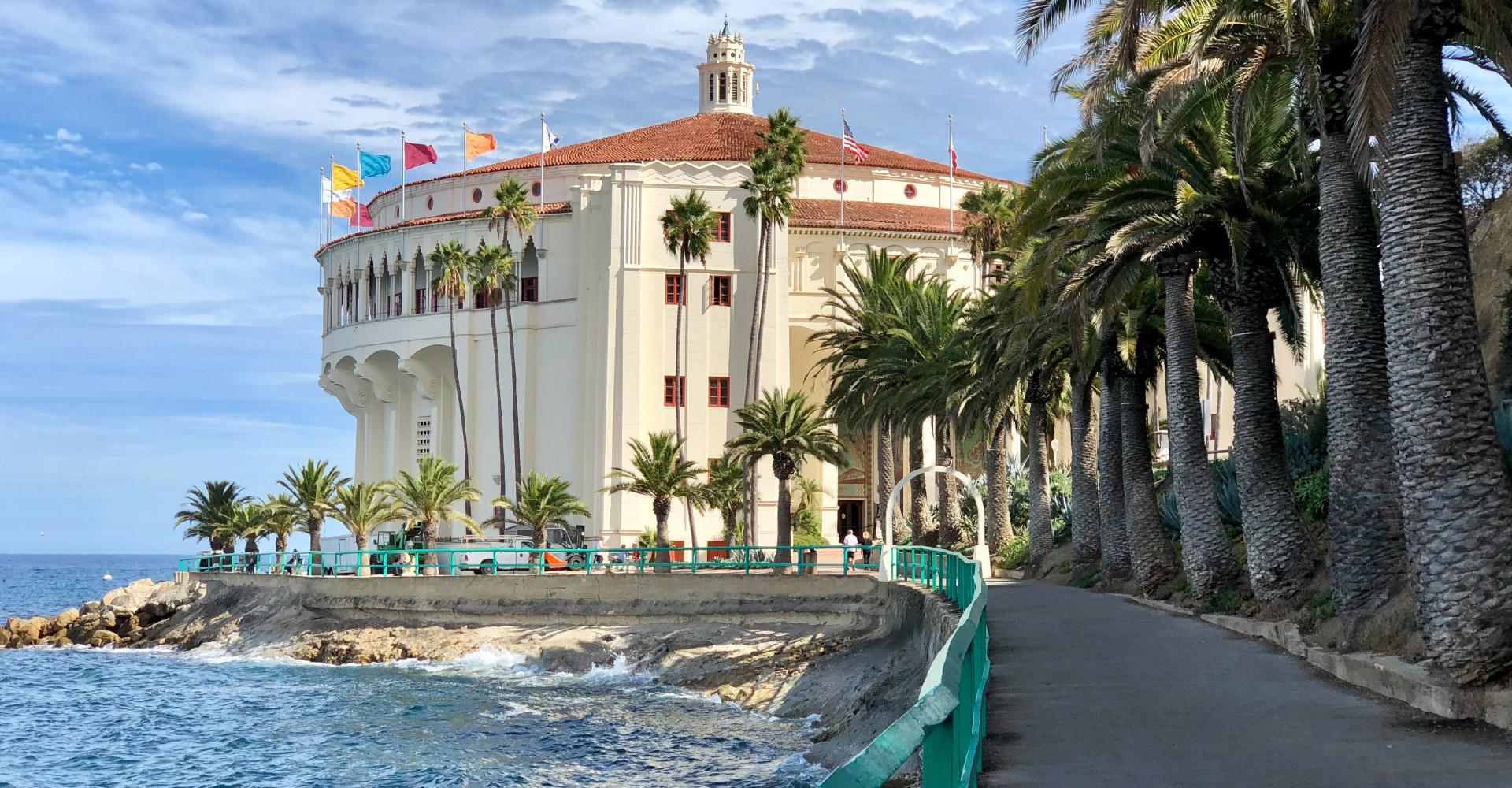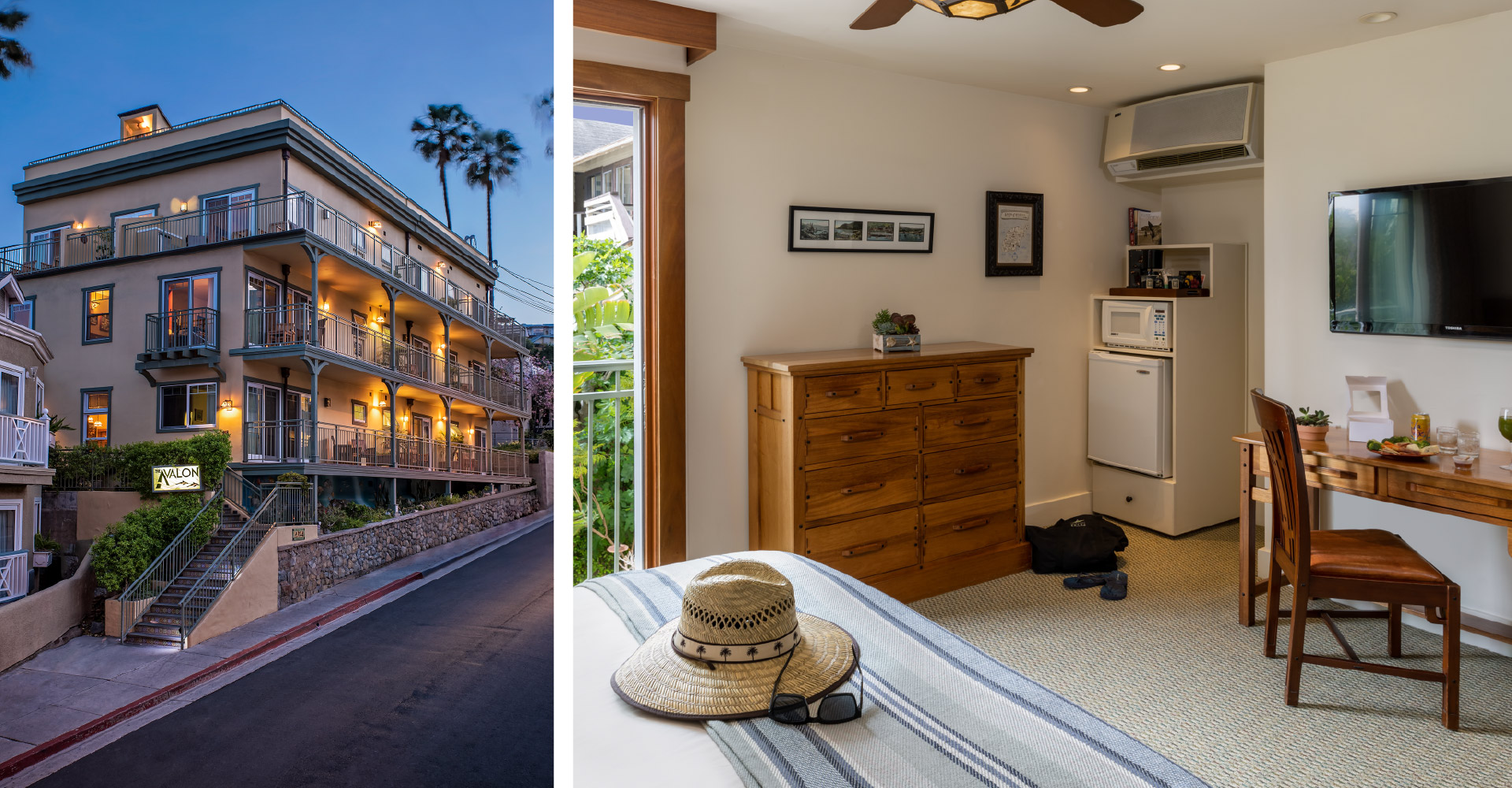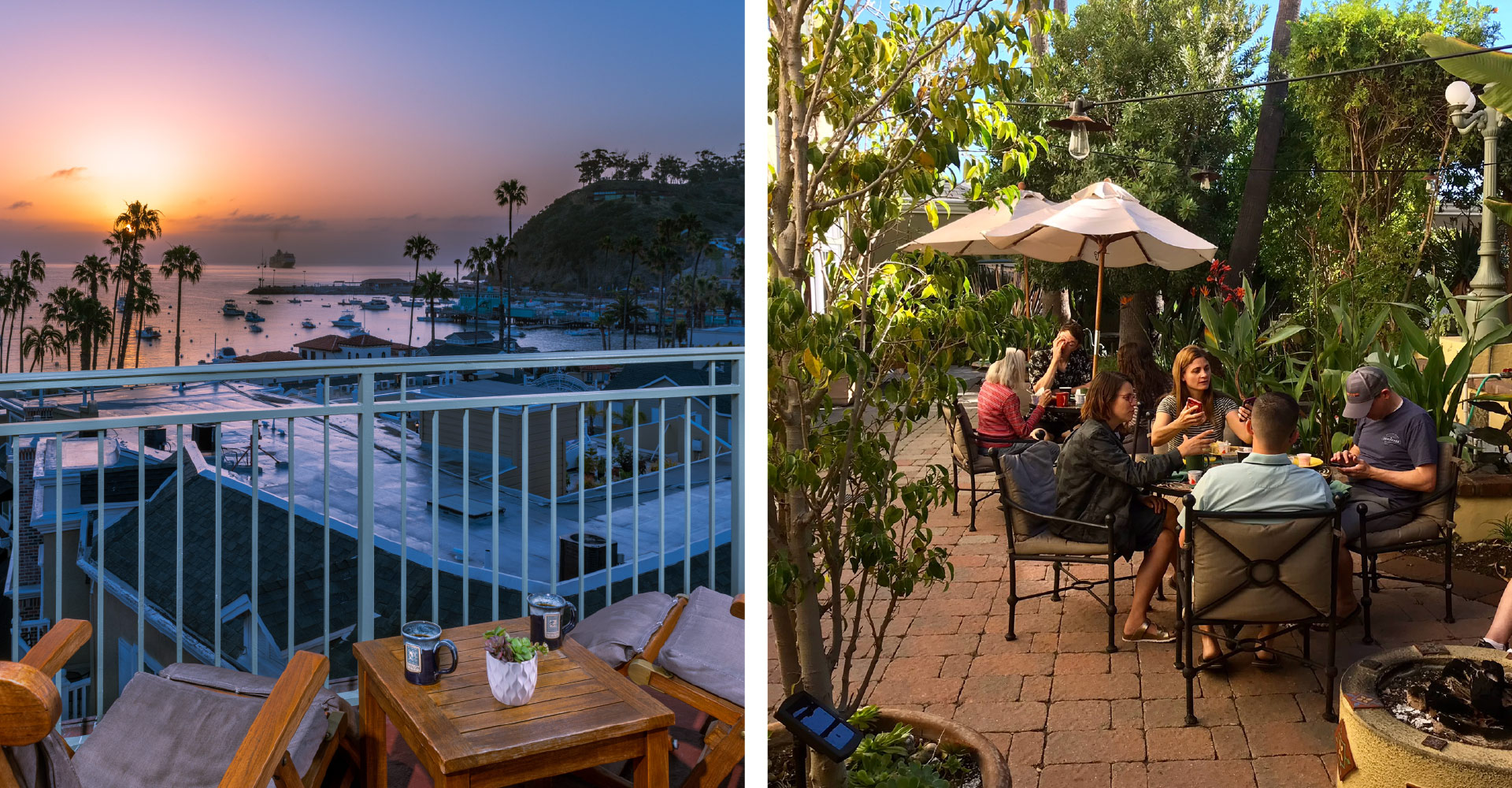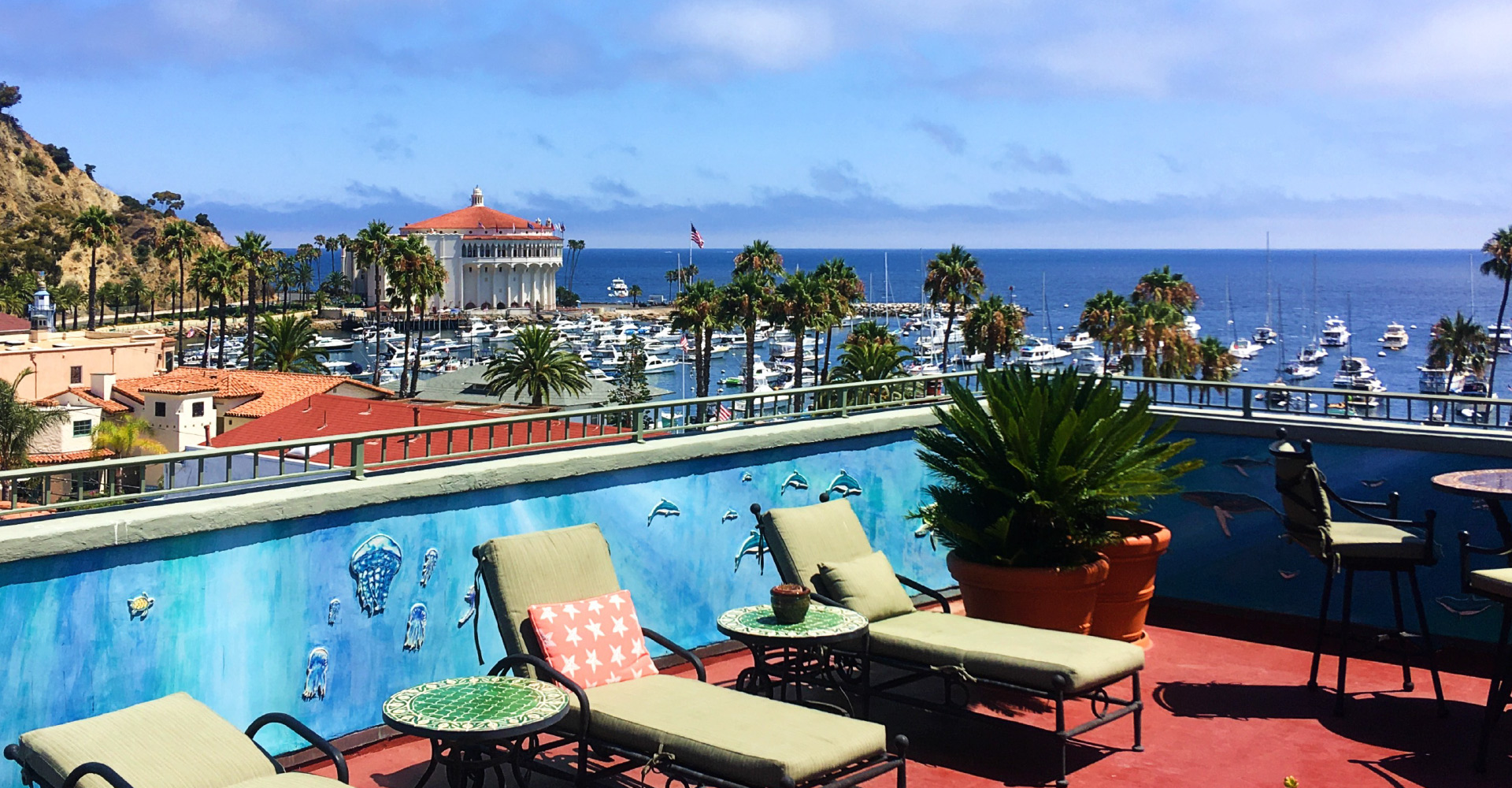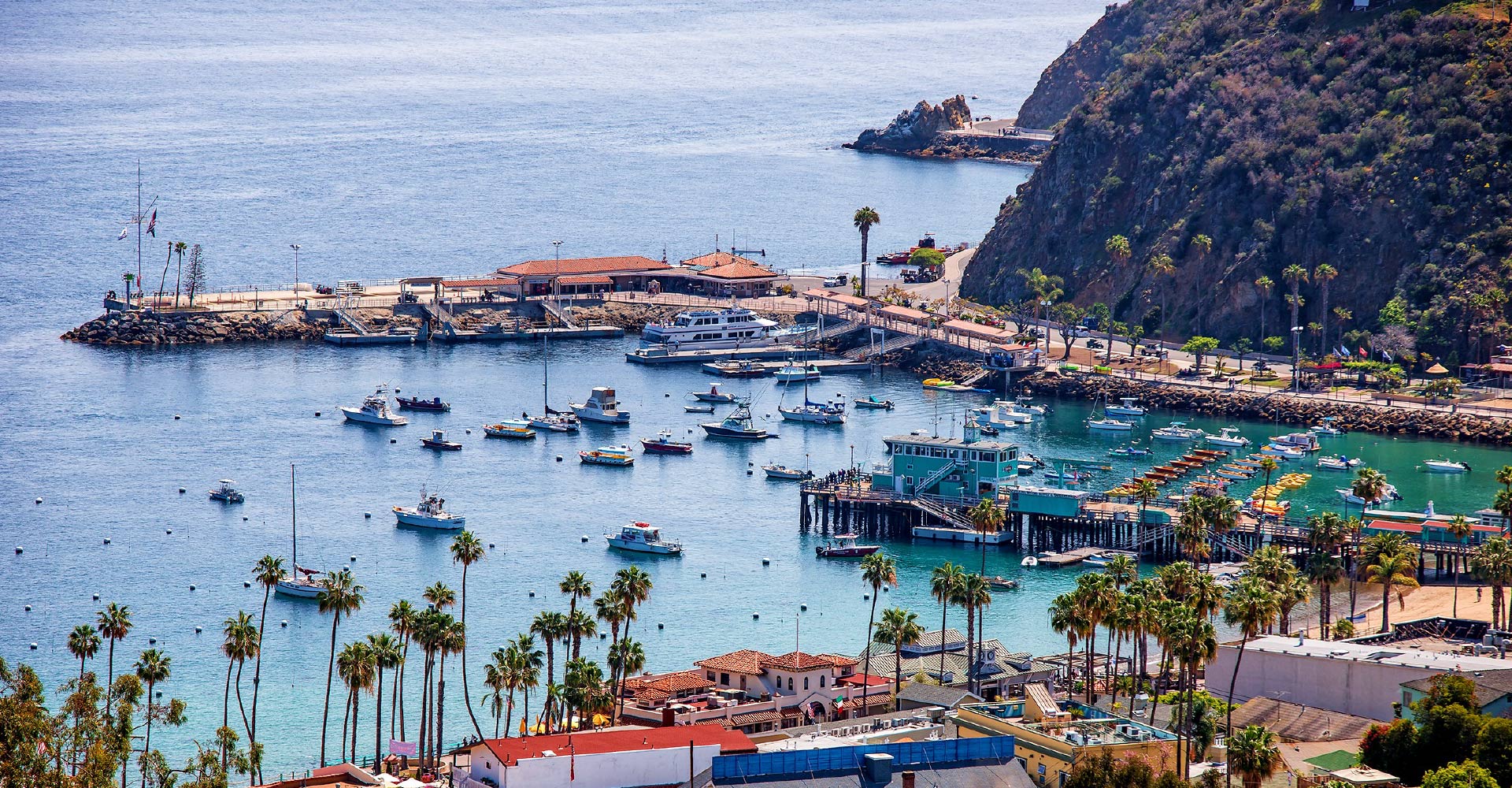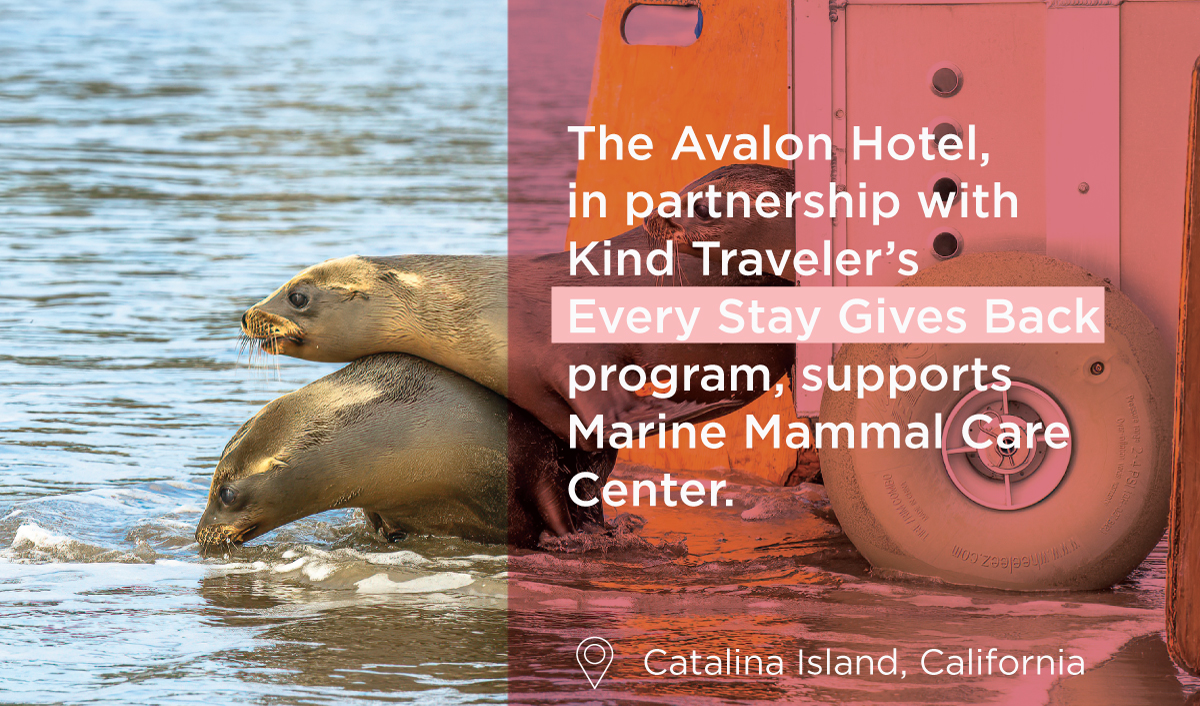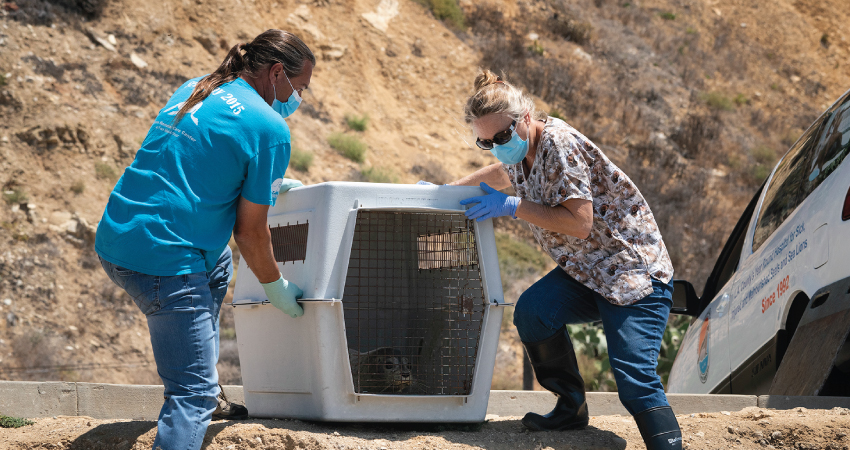Since 1992, The Marine Mammal Care Center (MMCC) has rescued and rehabilitated nearly 10,000 marine mammals along 70+ miles of Los Angeles County coastline, including Catalina Island. In fact, MMCC rescues more marine mammals per mile of coastline than any other organization in the country.
Catalina Island is home to many marine mammal species that require care for the same reasons we see on the mainland. There are also many bird and terrestrial animals that make the Island their home, and our work includes responding and caring for them as well. We are able to do this because of the unique skills, talent and passion of our Catalina Responder, Jon Council.
Jon has been doing this work for more than a decade and plays an indispensable role in caring for the wildlife on this unique and special island ecosystem. Jon regularly receives calls from residents and visitors alike reporting marine mammals, terrestrial and marine birds, deer, small mammals, rattlesnakes, sea turtles, and many other creatures that are in distress. Many times, these animals just need to be relocated to less populated areas of the Island but can sometimes require rescuing animals and caring for them until they can return to the wild. Other times animals require transport to the mainland for specialized medical care.

